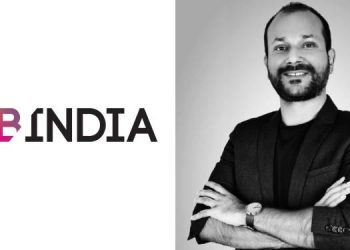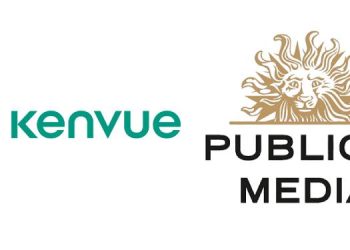Google has explicitly stated it will not build alternate identifiers to track individuals as they browse across the web or will use them in its products, once third-party cookies are phased out from its platforms. This comes intending to create a privacy-first web experience for billions of its users.
Google also said advertisers don’t need to track individual consumers across the web to get digital advertising’s performance benefits.
Sir Martin Sorrell, the Executive Chairman & Founder of S4 Capital, has reacted to Google’s decision and shared his thoughts.
“CMOs should take note that this reiterates, once again, the importance of first-party data and how consumer trust and privacy are moving to the forefront of marketing. In the coming years, digital consumer relationships will be earned by customer experience and value exchange.
With Google Chrome removing support for third-party cookies by 2022, the time for marketers to start investing in the future is now”, Sorrell said.
Sorrell added that S4Capital is guided by the belief that first-party data is the holy grail – and already has its sights on the critical next phase for marketers, where digital identity is in the hands of the brands themselves. In 2020, We merged with leading cookieless measurement company Brightblue and readied brands like Mondelēz to leverage first-party consumer data to plan, personalise, and optimise their digital media and content.
By quoting one of his clients, Sorrell said, “Google’s decision reinforces the importance of first-party data again and that we are entering into a world of at least 25 big walled gardens. It’s a natural evolution of the privacy debate.”
Jakub Ortzasek, APAC Head of Data & Analytics, MightyHive, said, “Google is taking the next steps presenting their vision of the cookie-less world, as their newest blog post outlines their intentions to assure a required level of privacy without a devastating impact on the advertising industry. Since Apple’s Intelligent Tracking Prevention updates to Safari invalidated third-party cookies for user tracking, all eyes were on Google.
He added, ”When Google Chrome announced it would remove support for third-party cookies by 2022, many asked how they were going now to maintain their primary source of income (advertising) with the impact of these privacy changes. Google presents this challenge as privacy vs utility. For a while, we’ve been fed with developments about Chrome’s privacy sandbox, which attempts to balance privacy and some advertising features. Now it seems that Google found a way to go with FLoC (Federated Learning of Cohorts).”
The browser cookie is going away––for real this time, but not all is lost. This is the best long-term decision as Google is coming out on the consumers’ side and will not use “alternate identifiers” in the Google ecosystem. There is an excellent opportunity for marketers to focus on their data strategies over the next 12 months and need a trusted partner. Data, consumer privacy, and technology changes will happen with greater frequency.

















